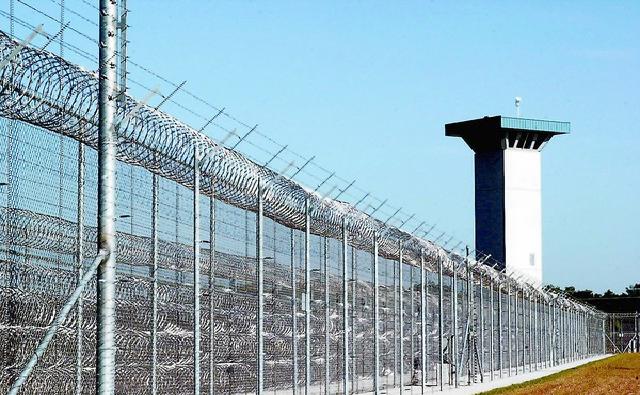By the Numbers: The U.S.’s Growing For-Profit Detention Industry
by Suevon Lee ProPublica
The growth of the private detention industry has long been a subject of scrutiny. A recent eight-part series in the New Orleans Times-Picayune chronicled how more than half of Louisiana’s 40,000 inmates are housed in prisons run by sheriffs or private companies as part of a broader financial incentive scheme. The detention business goes beyond just criminal prisoners.
As a Huffington Post investigation pointed out last month, nearly half of all immigrant detainees are now held in privately run detention facilities. Just this week, the New York Times delved into lax oversight at industrial-sized but privately run halfway houses in New Jersey.
We’ve taken a look at some of the numbers associated with the billion-dollar and wide-ranging for-profit detention industry and the two companies that dominate the market:
General Statistics:
1.6 million: Total number of state and federal prisoners in the United States as of December 2010, according to the Bureau of Justice Statistics
128,195: Number of state and federal prisoners housed in private facilities as of December 2010
37: percent by which number of prisoners in private facilities increased between 2002 and 2009
217,690: Total federal inmate population as of May 2012, according to the Bureau of Prisons
27,970: Number of federal inmates in privately managed facilities within the Bureau of Prisons
33,330: Estimated size of detained immigrant population as of 2011, according to the U.S. Department of Homeland Security
Corrections Corporation of America
66: number of facilities owned and operated by Corrections Corporation of America, the country’s largest private prison company based on number of facilities
91,000: number of beds available in CCA facilities across 20 states and the District of Columbia
$1.7 billion: total revenue recorded by CCA in 2011
$17.4 million: lobbying expenditures in the last 10 years, according to the Center for Responsive Politics
$1.9 million: total political contributions from years 2003 to 2012, according to the National Institute on Money in State Politics
$3.7 million: executive compensation for CEO Damon T. Hininger in 2011
132: recorded number of inmate-on-inmate assaults at CCA-run Idaho Correctional Center between Sept. 2007 and Sept. 2008
42: recorded number of inmate-on-inmate assaults at the state-run Idaho State Correctional Institution in the same time frame (both prisons at the time held about 1,500 inmates)
The Geo Group, Inc., the U.S.’s second largest private detention company
$1.6 billion: total revenue in year 2011, according to its annual report
65: number of domestic correctional facilities owned and operated by Geo Group, Inc.
65,716: number of beds available in Geo Group, Inc.’s domestic correctional facilities
$2.5 million: lobbying expenditures in the last 8 years, according to the Center for Responsive Politics
$2.9 million: total political contributions from years 2003 to 2012, according to the National Institute on Money in State Politics
$5.7 million: executive compensation for CEO George C. Zoley in 2011
$6.5 million: damages awarded in a wrongful death lawsuit against the company last June for the beating death of an inmate by his cellmate at a GEO Group-run Oklahoma prison. An appeal has been filed and is pending.
$1.1 million: fine levied against the company in November 2011 by the New Mexico Department of Corrections for inadequate staffing at one of its prisons
~


Amen,
The average inmate working a regular 8-10 hour shift at making something that the private sector could make is less than a quarter an hour. Make more than the number required and you might get a nickle raise or so.
Why ship these jobs to Mexico or another starving country? Give them to the prison system as its much cheaper and the profits much higher..
Heard this on NPR. Louisiana is a prison hellhole. We have turned our capitalistic society into a farce where it pays to warehouse prisoners, some needing rehabilitation or mental resources but “stored” in jails with no avenue to learn skills except to earn money for their captors. This is private enterprise at its worst when government programs could serve better with more fairness. Profit on human misery! If imprisonment is seen as profitable why not turn those profits back into programs to prevent recidivism.
What have we come to in this nation? Greed and fraud are rewarded and human misery is traded like so much kindling.